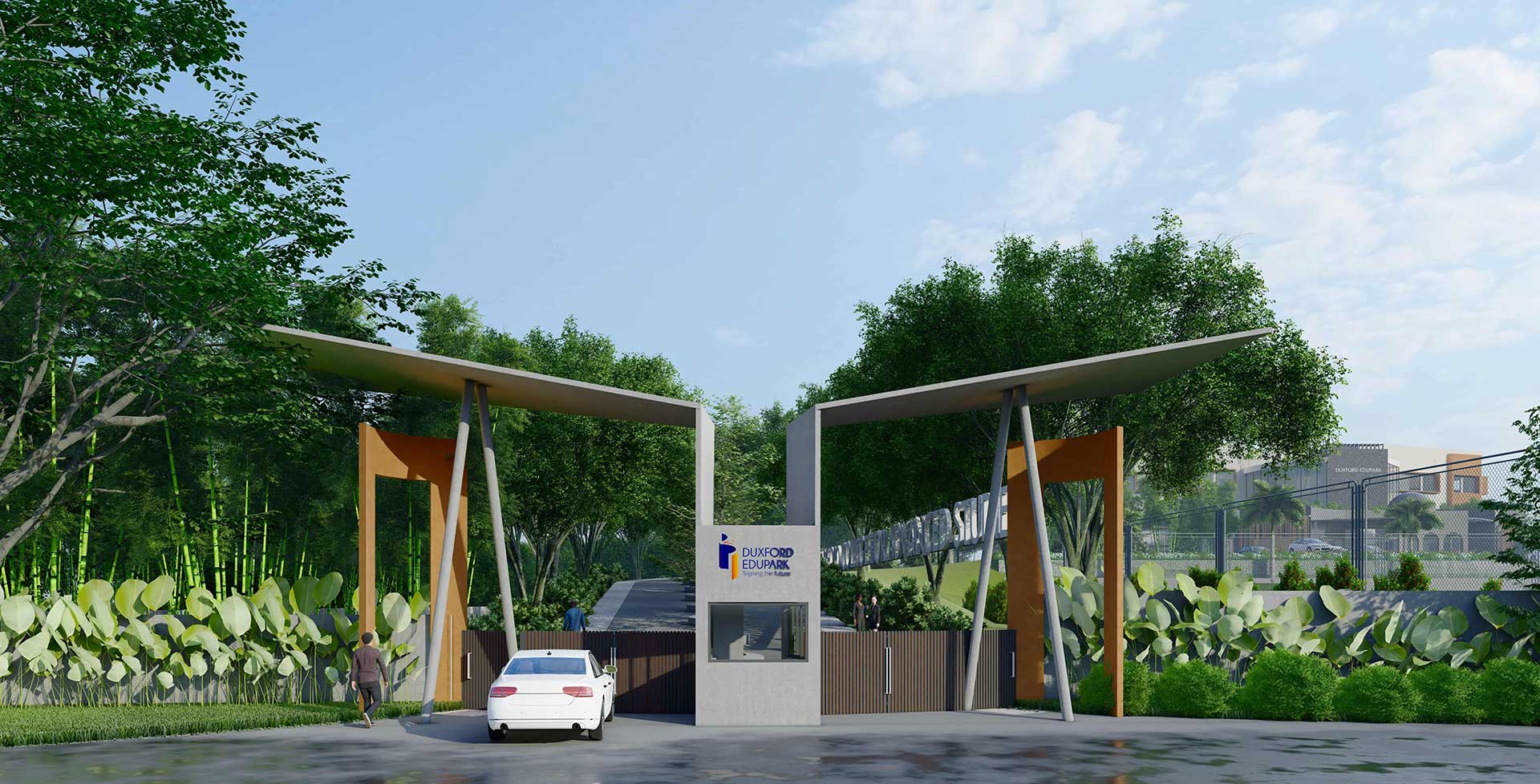

IQAC is responsible for the development and implementation of quality policies, evaluation of academic and administrative activities, and the promotion of research and innovation in campus. In pursuance of its Action Plan for performance evaluation, assessment & accreditation & quality up-gradation of institutions of higher education, NAAC proposes that every accredited institution should establish an Internal Quality Assurance Cell (IQAC) as a post-accreditation quality sustenance measure. Since quality enhancement is a continuous process, the IQAC will become a part of the institution’s system & work towards realisation of the goals of quality enhancement & sustenance. The prime task of the IQAC is to develop a system for conscious, consistent & catalytic improvement in the overall performance of institutions. For this, during the post-accreditation period, it will channelize all efforts & measures of the institution towards promoting its holistic academic excellence.
The primary objectives of the Internal Quality Assurance Cell (IQAC) at Duxford International Business School is to promote a culture of quality consciousness and excellence in all institutional activities. The IQAC aims to facilitate the development and implementation of quality enhancement measures across various departments, ensuring that each area of the institution continuously strives for improvement. Additionally, the IQAC is committed to ensuring compliance with accreditation standards and regulatory requirements, which is vital for maintaining the college's reputation and credibility. Furthermore, fostering stakeholder engagement and participation in quality assurance initiatives is a key focus, as it encourages collaboration and input from faculty, staff, students, and external partners in the pursuit of academic excellence.

The Internal Quality Assurance Cell of the college has been established in accordance with the latest guidelines provided by the National Assessment and Accreditation Council (NAAC).

Develop a roadmap for the implementation of e-governance in academic and administrative areas. b. Train the faculty and staff on the use of e-governance tools and ensure their proper implementation.

Use renewable energy sources, such as solar panels, for power generation. Implement water conservation measures, such as rainwater harvesting and efficient water management practices.

Develop a plan for upgrading the infrastructure facilities of the institution, including academic buildings, laboratories, and libraries. b. Develop and implement a maintenance program to ensure the upkeep of infrastructure facilities.

Develop a plan for offering diverse skill acquisition programs to students, including entrepreneurship, leadership, and communication skills. b. Collaborate with industry partners to offer internships to students and provide placement opportunities.



Duxford International Business School's Internal Quality Assurance Cell (IQAC) has implemented several best practices to enhance quality across the institution. One key initiative is the organization of regular quality workshops, which provide faculty with opportunities to share innovative teaching strategies and assessment methods. Additionally, the IQAC focuses on student-centric initiatives, developing programs that actively involve students in quality assurance processes and encourage their input and feedback. The cell also emphasizes data-driven decision-making by utilizing data analytics to inform policies and strategies for continuous improvement. Furthermore, the IQAC builds collaborative partnerships with industry and educational institutions, fostering knowledge sharing and the adoption of best practices. These efforts collectively contribute to a culture of excellence and continuous enhancement at DIBS.